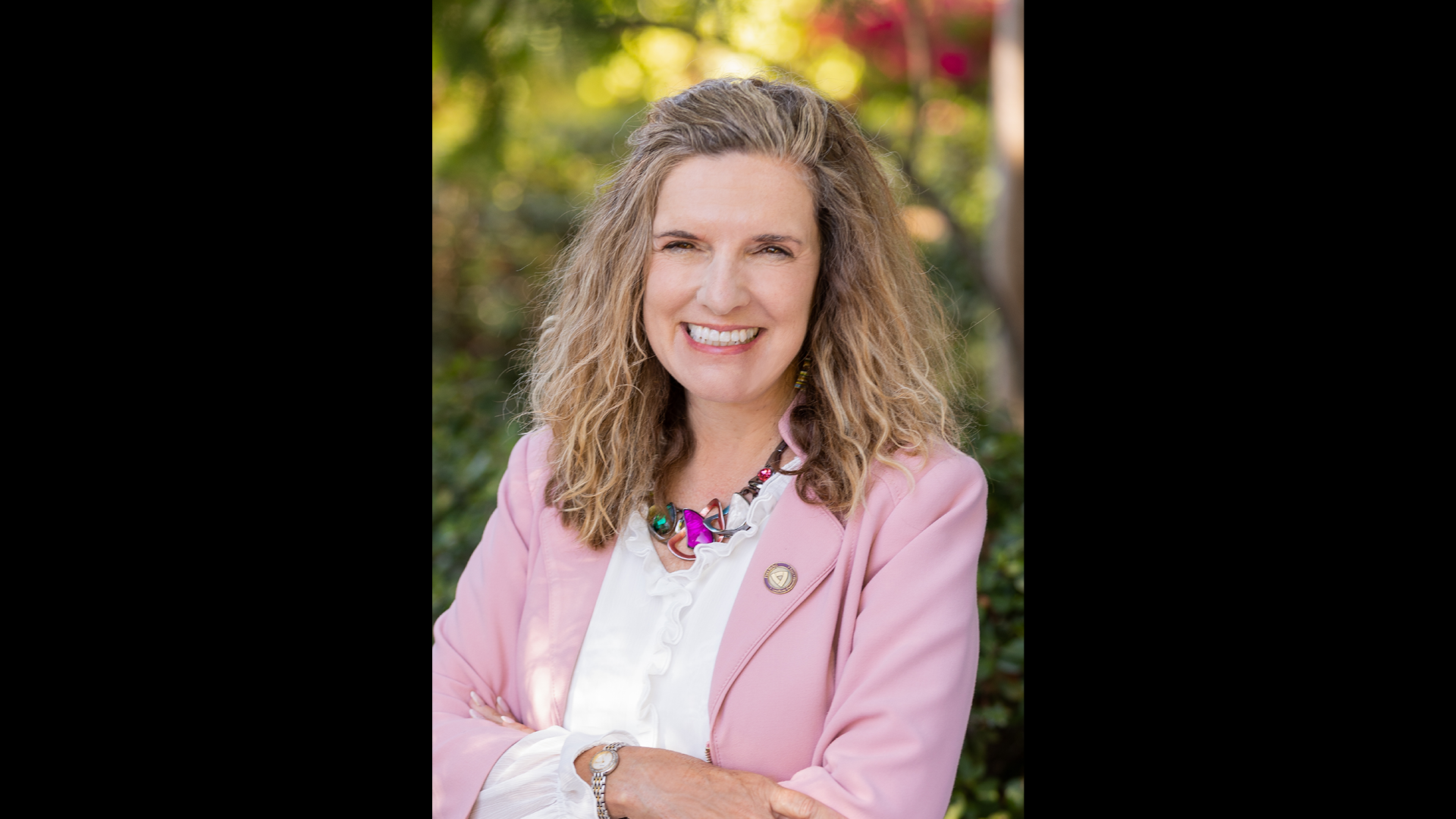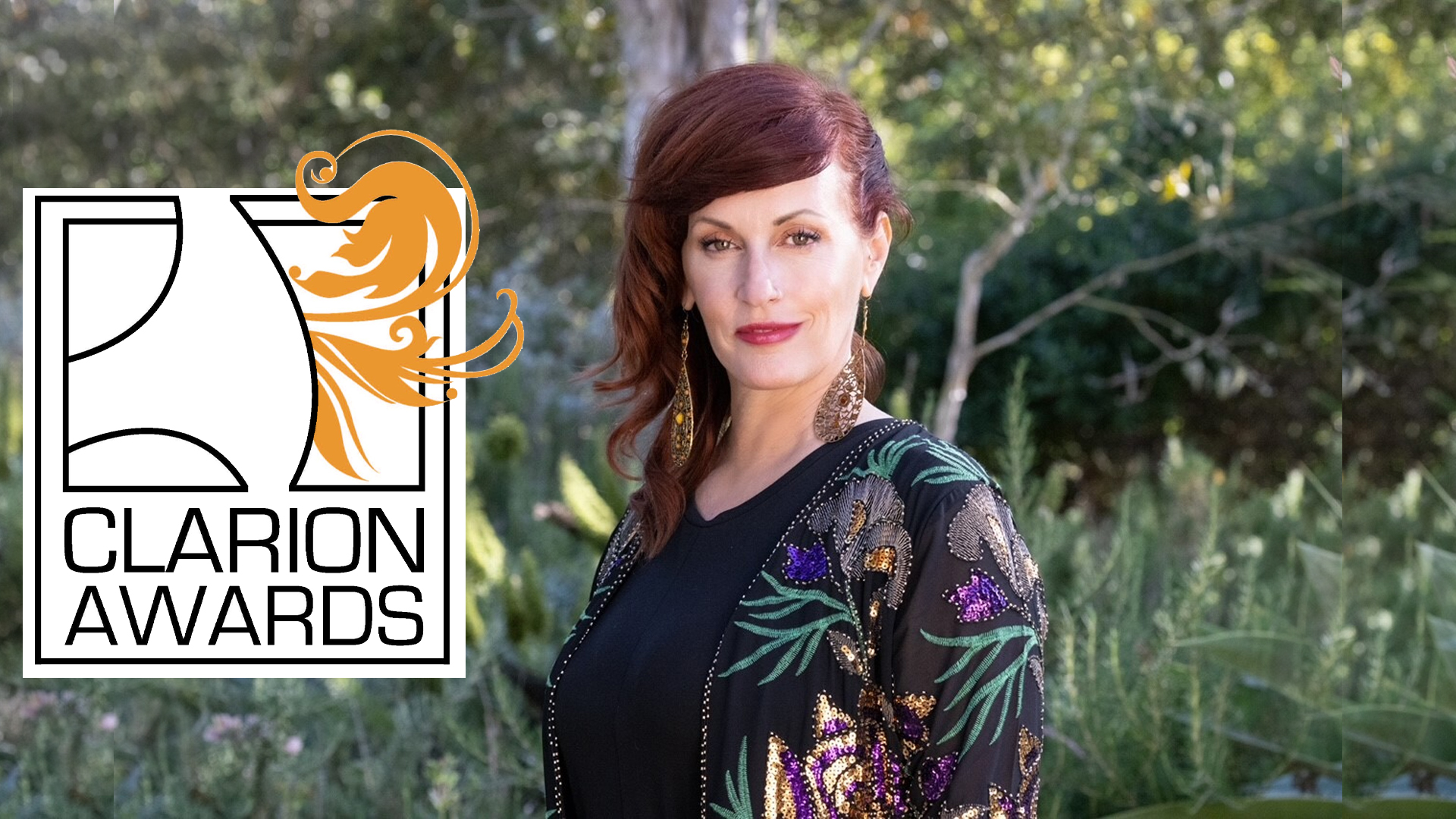EBC Blog: Elevate Your Coaching Practice with Intercultural Competence
Guest Bloggers: Magda Kaspary, ACC, IDI Qualified Administrator (QA) and Akasha (aka Pete Saunders), PhD, PCC

Magda Kaspary, ACC
The coaching profession is growing. This is largely due to the efforts of coaches and coaching organizations across the globe that are focused on building awareness about the benefits of coaching. As awareness expands, more people want to be coached and not only White male CEOs, for example. Coaching has become more desirable and accessible to people from underrepresented cultural groups. One implication related to this trend is that coaches will need to improve their skills in coaching across cultural differences. This blog is for coaches who want to effectively and ethically work with clients across cultural differences. It is also for coaches who want to support their clients to develop their intercultural awareness. Without the appropriate skills, we all run the risk of causing harm, for example through micro-aggressions and other forms of discriminatory behaviors. Developing intercultural competence is a way to acquire new skills to engage across differences and reduce the possibility of causing harm to clients. Our clients also have the possibility to expand their worldview in their relationships.
If a client has an unconscious bias, how can the coach help the client?
Intercultural competence is the capability to shift cultural perspective and appropriately adapt behavior to cultural differences. One way to develop this capability is by working with the Intercultural Development Inventory, or IDI. The IDI assesses intercultural competence through a 50-item questionnaire, available online that can be completed in 15–20 minutes. A certified IDI administrator supports this process. The IDI is a cross-culturally valid, reliable, and generalizable measure of intercultural competence along the validated intercultural development continuum. The phases along the continuum are denial, polarization, defense, minimization, acceptance, adaptation, and integration. A coach’s interculturally competent behavior is a reflection of their IDI-phase orientation and developmental capacity. As we move through these phases, we shift from ethnocentrism (centricity around our own cultural perspective) to an ethnorelativist perspective where our perspective on culture is relative to the situations we are in. This shift allows us to effectively engage across cultural differences.
We think that intercultural competency and humility are important skills for coaches to develop. These skills help us be present to the various dimensions that make up our clients’ multitudinous identities. We have found that many of our gay, female, Asian, Latin American, and Caribbean clients appreciate it when we demonstrate curiosity and understanding about some of the unique challenges they face because of their social identity and location. And we take the cue from them rather than assuming that they have issues with their cultural identity. Our attention is still on the client’s agenda. For example, one of Akasha’s clients is an Asian American female manager who reports to a White American male leader. Although this client is developmentally mature (making meaning at Self-authoring from of mind / Self-Actualizing stages), she wanted support around her “irrational obedience to her boss” even when he commits micro-aggressions against her. There are many dimensions to an issue like this, and Akasha felt that culture was one of them. So, he checked in with his client about this and, with her consent, they talked about subservience as a part of her cultural socialization and explored alternative ways of being that align with her view of the world beyond her culture’s (without her getting fired). It was a powerful conversation for both of them.
For Magda, most of her clients are leaders who assess themselves as knowing how to navigate intercultural differences or are fully capable of dealing with diverse cultures. However, they admit that they could learn a lot more about where they, or their team, stand in terms of their intercultural development. Often, after taking the assessment and learning about where they currently stand on the IDI continuum, these leaders start gaining more insights about the situations in which they may minimize cultural differences instead of addressing them.
When coaches know where they are developmentally regarding their intercultural competence, they can get support around their growing edges. One of the benefits of taking the IDI assessments is that the results are actionable. Each individual gets an Intercultural Development Plan that guides them through a series of activities and self-reflections that developmentally build intercultural competence. Some coaches may be concerned that they now need to know everything about marginalized cultures and issues of diversity, equity, and inclusion (DEI) in order to coach someone from a different culture. Intercultural competence is a journey (through the continuum) and not a destination. Coaches do not need to be experts about DEI and social identities, such as sexual orientation, gender trends, intergenerational issues, religion, class, racism, etc.; however, it is important to build awareness and demonstrate curiosity, humility, and understanding about some of the challenges they present. These practices can help us be more effective coaches and see the profession of coaching meet the global demand for social change.
Evidence Based Coaching (EBC) Professional Series Webinar: Elevate Your Coaching Practice with Intercultural Competence
Was held on Wednesday, December 4, 2019
Watch the On-Demand video now at https://youtu.be/y7IRPeTxFBQ
This webinar features a dialogue between Akasha (Pete Saunders), Ph.D., PCC and Magda Kaspary, ACC, sharing how they integrate Intercultural Development into their coaching practice. Magda and Akasha both coach people across various sociocultural differences. They think that cultural understanding and humility are important skills for coaches. Having this understanding enables coaches to be present to other dimensions that make up clients’ multitudinous identities (and consciousness). They have found that clients appreciate it when coaches demonstrate curiosity and understanding about some of the unique challenges they face because of their social identity or location. Coaches do not need to be experts about social identities, such as sexual orientation, gender trends, intergenerational issues, religion, class, racism, etc. However, it is important to build self-awareness about them and demonstrate curiosity and understanding about some of the challenges they present. This can make us more expansive coaches.
Some aspects that will be addressed:
- The benefits Intercultural Development brings to Coaches and to Clients.
- Methodologies and tools in support of Coaching and Intercultural Development.
- Practical ways to enhance Intercultural Development awareness for Coaches and to Clients.
Feel free to access some resources before our webinar:
From Milton Bennett, Becoming Interculturally Competent
https://www.idrinstitute.org/wp-content/uploads/2018/02/becoming_ic_competent.pdf
Host: Terry H. Hildebrandt, PhD, MCC, MCEC – Director of Evidence Based Coaching, Fielding Graduate University
Panelists:
- Akasha (Pete Saunders), PhD, PCC (Fielding HOD PhD Alum and EBC Instructor) – https://www.linkedin.com/in/peteasaunders/
- Magda Kaspary, ACC,( Fielding EBC Alum) – https://www.linkedin.com/in/magdakaspary/
For more on Fielding’s EBC Coach Training Program, see http://coach.fielding.edu
#coach #ebc #fielding #coachtraining #coaching #evidencebasedcoaching
Join Over 7,500 Fielding Alumni Located Around The World!
Change the world. Start with yours.™








Get Social